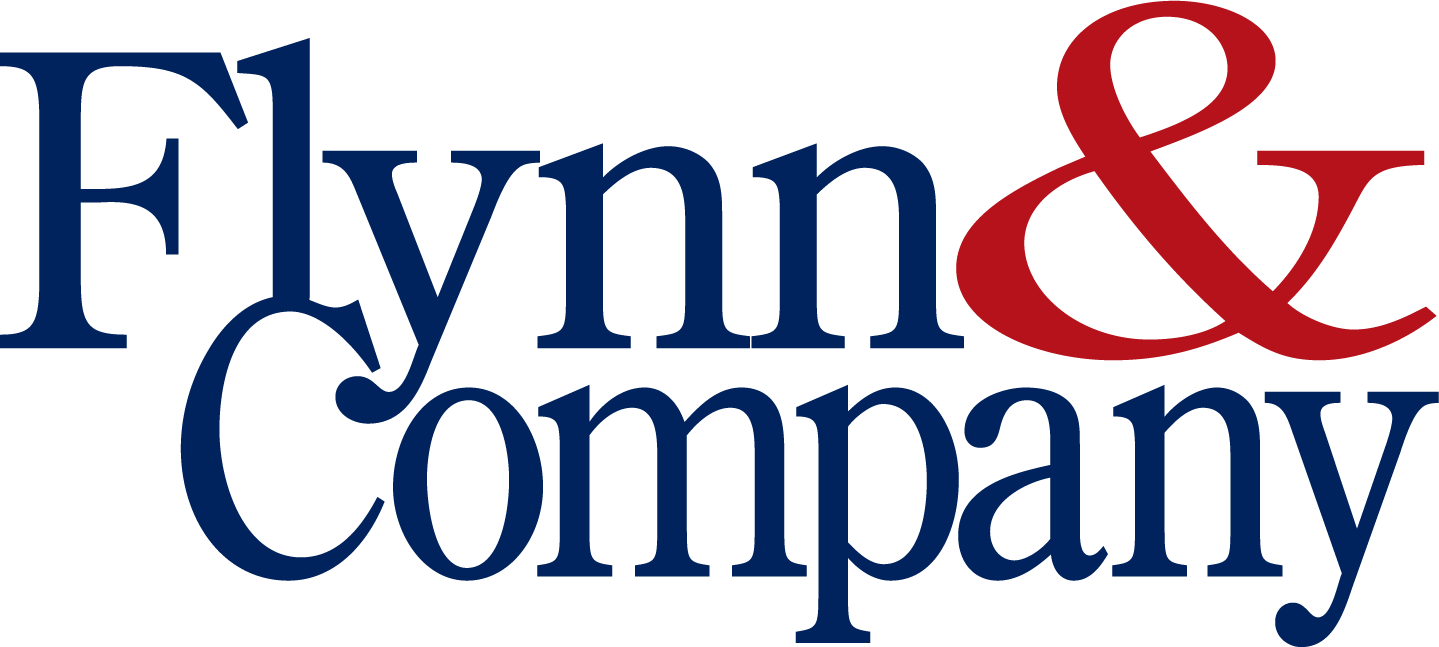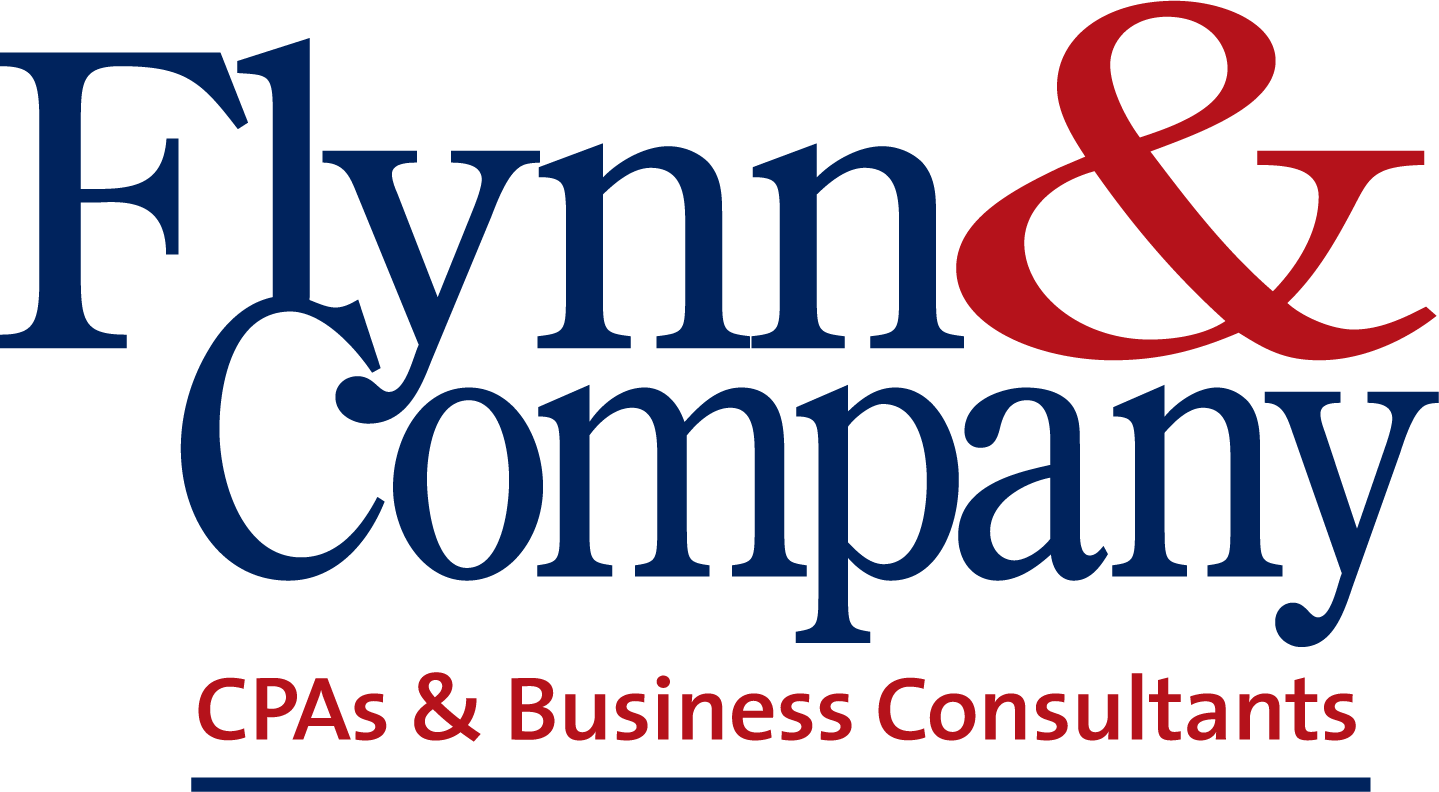The Importance of Tax Planning
Strategic tax planning is now critical to reducing overall tax liability. Failing to plan can result in numerous missed opportunities for tax savings and cost your company precious resources that could be used to invest in other areas. Due to a collection of tax code reform in 2019 – predominately the Tax Cuts and Jobs Acts (TCJA) – this upcoming tax season provides several opportunities for tax breaks. The following content explores broad and specific implications of tax planning, highlighting various areas that are critical for a business’s overall health.
Tax Planning: Broad Implications
By definition, tax planning is “the analysis of a financial situation from a tax perspective… through tax planning, all elements of the financial plan work together in the most tax-efficient manner possible.” On an overarching scale, tax planning strategies are implemented to achieve business goals, especially related to finance. General tax planning strategy seeks to lower taxable income, maximize tax relief, and reduce tax rates.
However, even general strategy evolves with regulation. In 2019, TCJA carries a few specific implications that will impact tax planning strategy.
Tax Planning: Specific Implications for 2019
Business Credits and Deductions:
Business-related tax credits and deductions have evolved in a variety of ways. Some have been prolonged indefinitely, others received dated extensions, and few were adjusted by TCJA. Understanding current tax credits and deductions your business is eligible for is crucial to accurate financial planning.
Depreciation and Expensing:
2019 proves an excellent time to take advantage of real estate expansion. To encourage business expansion, TCJA now provides 100% bonus deprecation for property placed in service before 2023. Furthermore, the limitation on expensing certain depreciable assets has increased to $1 million. Investment limitation has increased to $2.5 million.
Qualified Business Income (QBI) Deduction:
The new QBI deduction should be explored closely, because it initiates new documentation requirements and a probable year-end record review. The deduction itself allows business owners to deduct up to 20% of their QBI, plus “plus 20% of qualified real estate investment trust (REIT) dividends and qualified publicly traded partnership (PTP) income.”
Cash-Based Accounting:
Cash-based accounting methods simplify certain planning techniques, such as income deferral or acceleration. TCJA loosened the reigns on cash-based accounting methods, now applicable to corporations with gross receipts of up to $25 million.
Employee Benefits and Family Leave Credit:
Due to an influx of benefit changes, employers should examine their internal policies according to updated TCJA procedure. For example, employees can no longer claim miscellaneous itemized deductions.
Affordable Care Act (ACA):
As it concerns most businesses, the structure of the Affordable Care Act remains intact. ACA policy affects large corporations and small businesses; both should comprehend specific ACA incentives that could maximize tax savings.
Tax Planning Today with Flynn & Company
At Flynn & Company, we are dedicated to seeing our clients achieve financial success. This is why we provide tax-planning strategies to help your businesses effectively navigate the 2019 tax season. If you’re searching for proficient direction, particular to your business, look no further. Our Tax Team is experienced in tax preparation and planning for a wide variety of industries. To explore our process further, contact us today!





